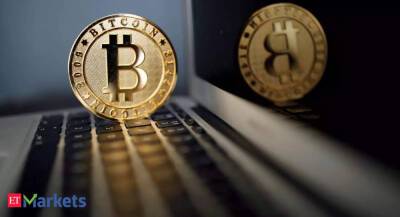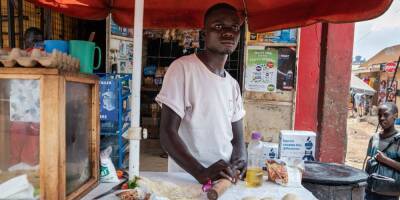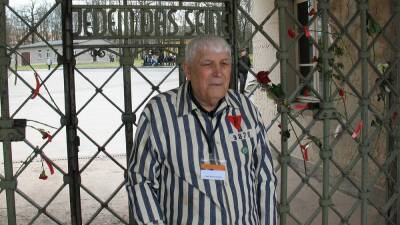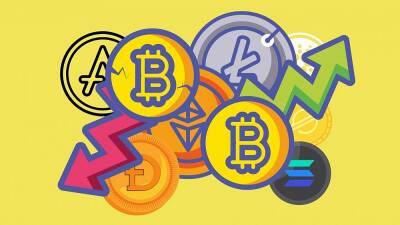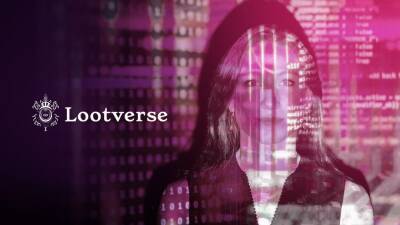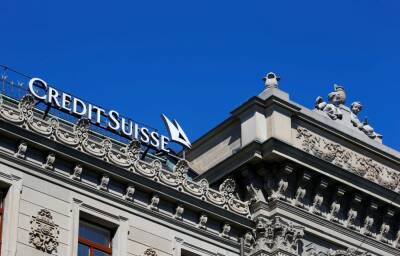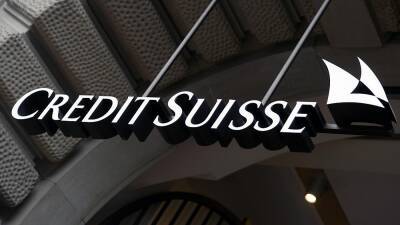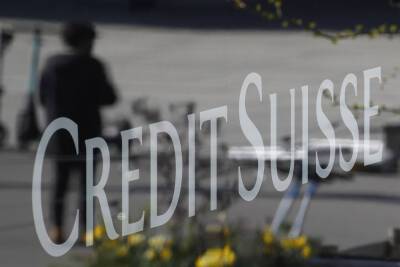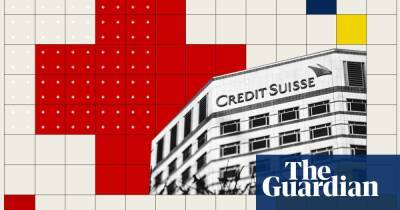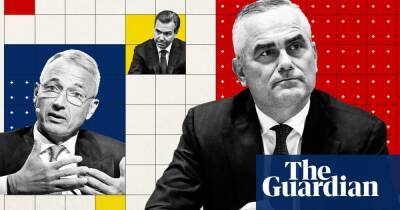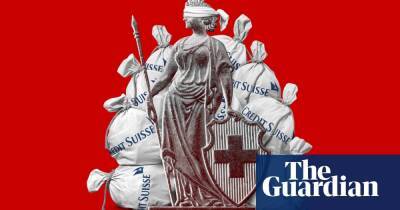The Guardian view on Credit Suisse: in search of a moral compass
Since 2016, successive data leaks have exposed the methods by which some of the world’s most powerful companies and individuals secrete eye-watering sums of money off-shore, beyond the reach of tax authorities and governments. Collaboratively reported by investigative journalists from around the world, the Panama, Pandora and Paradise Papers have held the dark practices and financial chicanery practised by the super-rich up to the light.
This week the Guardian, along with 47 international partners including the Süddeutsche Zeitung and Le Monde, has published the latest addition to this crucial body of work. Also the result of a vast data drop by a whistleblower, the “Suisse secrets” revelations focus on the activities of Credit Suisse, one of the world’s biggest private banks and a traditional giant in Switzerland’s notoriously opaque financial system. Analysis of accounts linked to 30,000 Credit Suisse clients from all over the world suggests that, in multiple cases, a culture of complicity on the part of Credit Suisse has allowed huge sums of dubious provenance to be stashed away with far too few questions asked.
In some of the most egregious cases discovered by our investigative team, it is hard to believe that any proper process of due diligence took place at all. By 2010, just before the Arab spring revolt, an account opened for the sons of the Egyptian dictator, Hosni Mubarak, contained £138m. An attorney convicted in 1992 for money laundering on behalf of the corrupt Philippine dictator, Ferdinand Marcos, was allowed to become a client in 2000. Unbelievably, this was despite the bank having previously been ordered to repay looted funds to the Philippines after opening accounts for Marcos and his wife, Imelda. The
Read more on theguardian.com
